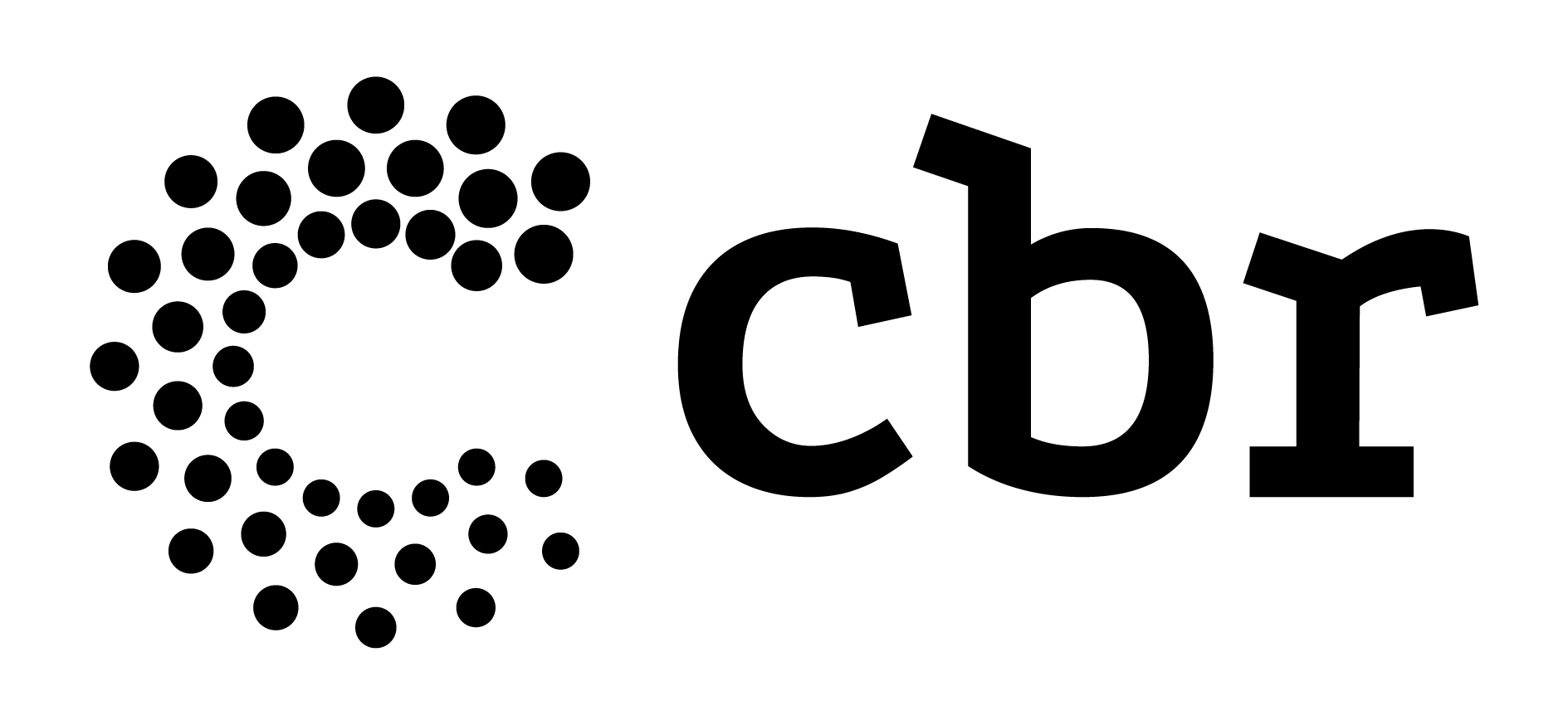In claims involving the investigation of medical error in any of its modalities, the figures of the judicial expert and technical assistants invariably appear.
The judicial expert has an assistential function and will be summoned by the Judge of Law who needs evidence of a technical nature, and the appointed professional will undertake an analysis impartial about the area of his specialty and about the facts brought in the lawsuit.
The technical assistant, on the contrary, is a professional trusted by the parties and does not have a duty of impartiality towards the Court. It has, on the contrary, a function analogous to that of a lawyer, and its performance lends itself to the technical assistance of those who hired it, aiming at its interests.
This is the rule inscribed in article 466 of the Code of Civil Procedure:
Art. 466. The expert will scrupulously fulfill the task entrusted to him, regardless of the term of commitment.
- 1o Technical assistants are trusted by the party and are not subject to impediment or suspicion.
The legal doctrine well establishes the relevant distinctions between the functions in question:
“(…) The expert is an auxiliary of Justice (possible auxiliary of judicial charge) and, as such, has duties and responsibilities before the Court. The technical assistants are auxiliaries of the parties and their commitment is with them, not with the Court (art. 422, 2nd part)…” (DINAMARCO, Cândido Rangel. in Institutions of Civil Procedural Law, vol. III. São Paulo: Malheiros Editores , pp. 590-591)
“The technical assistants are freely appointed by the parties, since they are, from now on, of their trust and not subject to impediment or suspicion.
The technical assistants are trusted by the parties, no longer assistants to the judge, in a broad sense” (ALVIM, Arruda. in Manual of Civil Procedural Law, vol. II, 6th ed. São Paulo: Revista dos Tribunais, , p. 578)
“(…) Therefore, the law stopped treating assistants as experts, relegating them to the role of mere advisors to the parties in dispute and admitting partial performance, transforming them into professionals trusted by the parties (not the Judgment), appointed to effectively assist them in the defense of their interests in the field of technical matters (see art. 421). The rules of impediment and suspicion ceased to prevail, coherently, for technical assistants, symptomatically changing the nomenclature of their specific manifestation by the CPC, which started to be treated no longer as a report, but as a simple opinion (see art.433, sole paragraph)” (PESSOA, Fábio Guidi Tabosa. Code of Civil Procedure Interpreted. Antonio Carlos Marcato (coordinator), São Paulo: Atlas, p. 1307-1308)
The Federal Council of Medicine, in Opinion nº 8/15, corroborating the arguments presented so far, expressed the following understanding:
“The doctor in the role of technical assistant in administrative or judicial proceedings is not subject to impediments or suspicions since he is trusted by one of the litigating parties. Physicians who work as assistant physicians at an institution are prohibited from acting as experts in administrative or judicial proceedings involving employees of the same institution.”
Thus, there is no link of partiality between the technical assistant and the Court for which the test is intended, and his primary function is to assist the party that hired him. On the other hand, the expert, as an assistant to the court, must be conscientious in the performance of his attributions in the process, acting with absolute and total impartiality.
CBR Legal Advice




